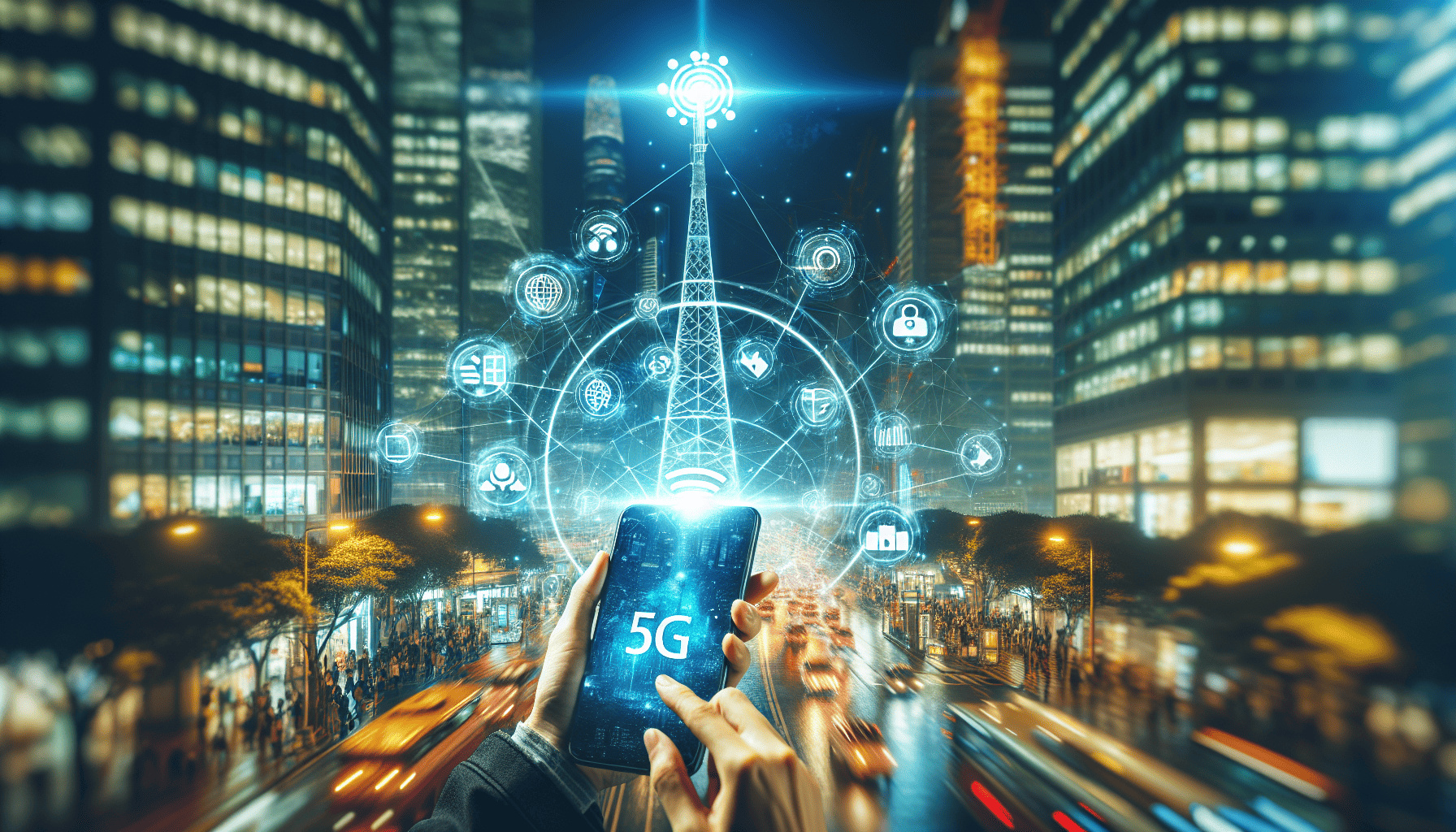The advent of 5G technology marks a significant leap forward in the realm of connectivity, holding immense potential to transform South Africa's technological landscape. This fifth-generation wireless technology goes beyond merely enhancing mobile communication; it introduces possibilities that extend into the Internet of Things (IoT), remote work, and countless other domains.
To understand the impact of 5G, it's essential to appreciate its fundamental attributes: dramatically increased speed, lower latency, and the ability to connect a significantly higher number of devices simultaneously. While 4G laid the groundwork for smartphone internet usage and streaming services, 5G looks set to revolutionize how South Africans interact with technology on a broader scale.
Advancing Mobile Technology
In terms of mobile technology, 5G promises to offer seamless connectivity that is not just faster but also more reliable. This enhancement will significantly benefit both urban and rural areas in South Africa. High-speed internet availability is vital for mobile users who increasingly rely on smartphones for everything from communication to commerce. With 5G, downloading full-length movies may take mere seconds, and high-definition streaming will become the norm.
Furthermore, the capacity to handle a vast number of connections without sacrificing performance means urban centers dense with devices will no longer experience the usual hiccups in service during peak usage times.
IoT Revolution
Beyond personal devices, 5G is set to be the backbone of the IoT revolution in South Africa. The country's cities and industries are ripe for smart technology installations, which can significantly improve infrastructure management, traffic systems, and energy consumption.
For instance, with IoT devices connected through a robust 5G network, cities could manage resources more efficiently by using real-time data. Smart meters could enhance energy distribution, while connected streetlights would adapt to pedestrian activity, improving energy efficiency and public safety.
In agriculture, IoT can facilitate smart farming practices, offering precise data on soil conditions, weather forecasts, and crop health. South African farmers stand to benefit greatly from 5G technology, enabling them to reduce resource consumption while maximizing yields.
Enabling Remote Work
The shift to remote work, accelerated by the global pandemic, highlights the need for reliable and fast internet access in homes across South Africa. 5G technology supports this shift by providing a dependable connection that can support video conferencing, real-time collaboration tools, and large data transfers without disruption.
The flexibility offered by remote work can have significant social benefits, including reduced congestion in urban areas, improved work-life balance for employees, and increased employment opportunities for individuals in rural or underserved regions.
Challenges and the Road Ahead
However, it's crucial to note that for South Africa to fully capitalize on the promise of 5G, there are challenges to address. Infrastructure development requires significant investment, and regulatory hurdles must be navigated. Furthermore, ensuring equitable access to 5G technology, so it benefits all sectors of society and mitigates the digital divide, is a vital consideration.
Despite these hurdles, the foundation for a transformative 5G future is being laid. With collaboration between government, telecommunications providers, and tech innovators, South Africa can harness the power of 5G technology to not only advance its tech landscape but also drive broader economic and social progress.
The 5G revolution is just beginning, and its potential impact on South Africa is poised to be profound, positioning the nation as a leader in technological innovation on the African continent and beyond.
